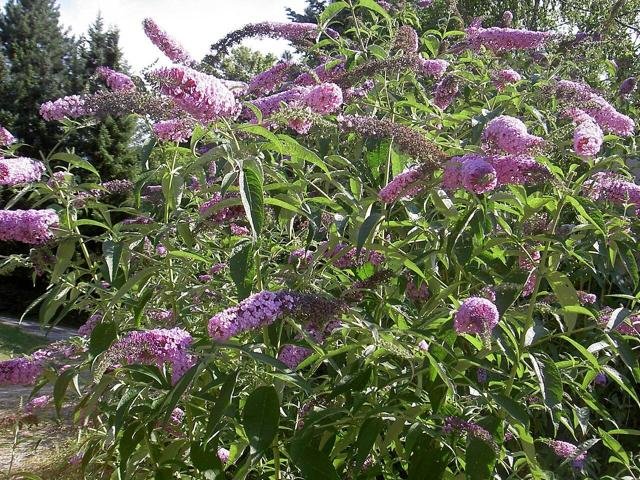Give a gift to your local pollinators this year
By Julie Banken
WSU Chelan/Douglas County Master Gardener


How do you decide which plants are best suited for your landscape? Wandering through the rows in a nursery in spring can enchant a gardener into choosing a plant for its beauty. Familiarity and price are also hard influences to ignore.
Adding a perennial to your yard is a commitment, however, so do some thorough vetting first.
There are many resources to help you narrow down the choices in a plant nursery. One of the most recognized is the “Sunset Plant Collection.” Sunset’s website divides the Western United States into comprehensive climate zones, taking into account temperature, wind, humidity, length of the growing season, and the amount and timing of precipitation. Their online map makes it easy to browse through a tailored selection of plants that are recommended for the climate where you live.
There is more to choosing a plant than knowing its climate zone, though. Even if it grows well where you live, it might not be a good idea to add it to your yard. The butterfly bush from the genus Buddleja offers a good example. Sunset describes the butterfly bush as a heat-loving, long-blooming shrub that needs minimal care and provides food for pollinator species from spring until the fall. According to their climate guide, the butterfly bush will grow well in Zones 2-24, or just about anywhere outside of the mountains.
Although native to central China, the butterfly bush unfortunately grows so well in other parts of the world that it is now on Washington state’s Noxious Weed List. Each flower cluster makes 40,000 seeds which disperse by both wind and water. Luckily, cold winters keep its seeds from germinating, but in areas where winters are mild, the butterfly bush is considered invasive and will crowd out native vegetation.
The Washington State Noxious Weed Control Board publication “Garden Wise” recommends gardeners in our state choose non-invasive alternatives. Some varieties of butterfly bush have been bred to be sterile or have very low fertility to prevent weediness. These include ‘Asian Moon,’ ‘Miss Molly,’ ‘Miss Ruby,’ and varieties from the Flutterby series and the Lo and Behold series.
Note that just because a plant is for sale in a nursery, it is not automatically a good idea to bring it home. Whether it is bred to be sterile or not, the butterfly bush is an ecological dead end. Their showy flowers hog the attention of pollinators, leaving native plants unfertilized. Crucially, butterfly bushes do not support the complete life cycle of their namesake; no native caterpillar species feeds on their leaves. To plant a butterfly bush in your yard has been described as inviting the parents over for a feast while starving their children.
The very best plant for its place is the one that Mother Nature herself already selected. Unlike exotic plants, native species have evolved to thrive in the climate where they live, so they are less susceptible to environmental stressors. This makes them more resilient and therefore less work.
More importantly, native plants not only belong in the local ecosystem, they
enhance it. They provide essential habitat and food for native pollinator species. These organisms often depend solely upon their relationships with native plants for their survival and reproduction. Without native plants, native pollinators will disappear.
Add a native plant to your landscape in 2024 and you will be giving a gift to the pollinators in your yard. By turning to nature for gardening advice, you will support and protect the diversity of life that is necessary for a healthy ecosystem.
A WSU Chelan and Douglas County Master Gardener column appears weekly in The Wenatchee World. Julie Banken is a Master Gardener intern. To learn more, visit bit.ly/MGchelandouglas or call (509) 667-6540.
